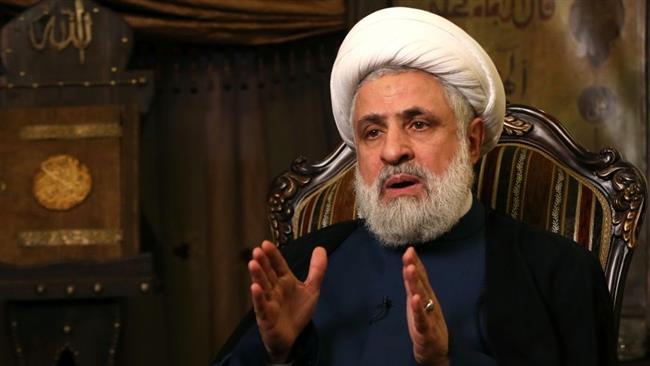President Rouhani sends message to Kuwaiti emir
President Hassan Rouhani of Iran has penned an official message to Kuwait’s Emir Sabah Al Ahmad Al Jaber Al Sabah, amid a series of recent high-profile contacts between Iran and the Arab countries of the Persian Gulf region.
Iranian Ambassador to Kuwait City Alireza Enayati submitted President Rouhani’s message to Kuwaiti Foreign Minister Sheikh Sabah Al Khalid Al Hamad Al Sabah on Monday.
The Kuwaiti Foreign Ministry confirmed the receipt of the message, but neither the Iranian nor the Kuwaiti side divulged its content.
The top Kuwaiti diplomat visited Tehran in late January, bearing a message from the [Persian] Gulf Cooperation Council regional body. The message reportedly described a “basis of dialog” between the organization’s Arab states and the Islamic Republic.

Following the Kuwaiti foreign minister’s Tehran trip, President Rouhani made a short visit to Kuwait and Oman.
That visit, and the message delivered on Monday, are seen as part of attempts at potential reconciliation between Iran and certain Arab countries, whose relations have recently soured over the Syrian and Yemeni conflicts as well as other issue.
Read more:
- 'Iran, Oman, Kuwait share will for amity'
- 'Kuwait FM to relay [P]GCC message to Iran'
- Iran to discuss PG states' message in Oman, Kuwait
Saudi Arabia has severed its diplomatic ties with the Islamic Republic. So has Bahrain. But Oman has been a prominent exception among the regional Arab states. Muscat has consistently maintained good relations with Tehran.
Iran and several Arab countries support opposing sides in the conflict in Syria, where militants are fighting the elected government of President Bashar al-Assad. Saudi Arabia has also been leading a coalition of vassal states in a non-UN-sanctioned war on Yemen. Iran opposes that military aggression.
Despite disagreements, however, Iran and the Arab countries seem to be taking steps toward potentially mending fences. On February 7, Foreign Minister Mohammad Javad Zarif said Iran was ready for cooperation with all countries, especially its neighbors. Kuwaiti Deputy Foreign Minister Khaled al-Jarallah later reacted by welcoming the prospect of cooperation between Iran and the littoral Arab countries to help resolve conflicts in the region.
VIDEO | Yemenis praise the military for its successful operations against Israel
VIDEO | Israel continues to bomb Gaza homes
VIDEO | An insider's view of the country: Meybod City in Yazd
‘All wars have rules. All of those rules have been broken’ by Israel
VIDEO | Report flags India’s violation of rights of Rohingya detainees
Turkey's foreign minister meets Syria's de facto leader in Damascus
VIDEO | US Syria plots
'Next to impossible' to rescue patients from Gaza's Kamal Adwan Hospital: Director













 This makes it easy to access the Press TV website
This makes it easy to access the Press TV website